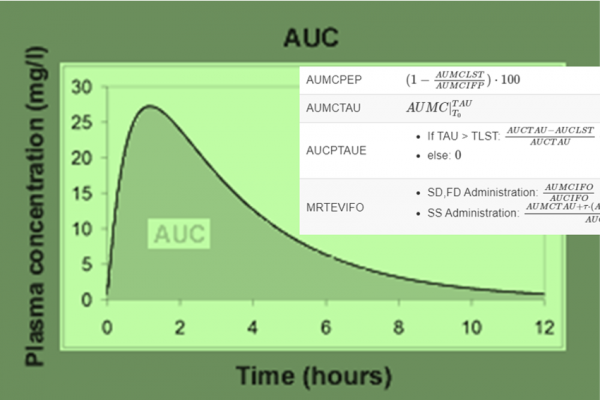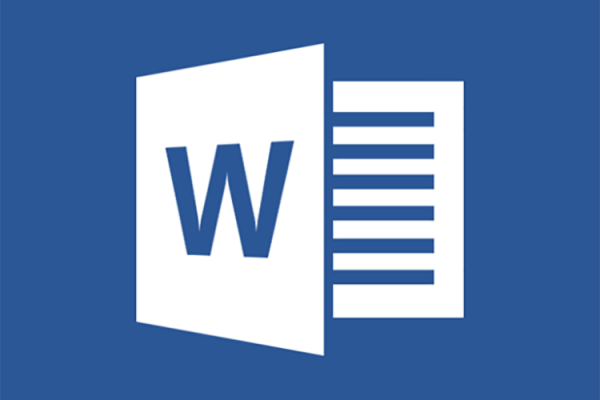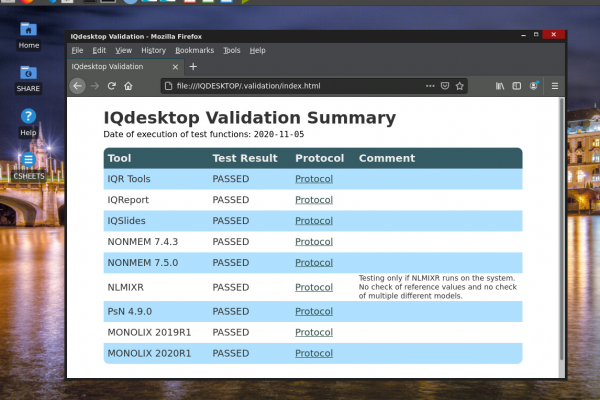Empowering efficient Pharmacometrics analyses using R-based PK/PD workflows
The Customer
Our client is one of the leaders in global healthcare, offering accessible treatments to millions worldwide. They have 50,000 employees in over 50 countries that are committed to provide high-quality products to improve the health and everyday lives of people around the world.
The Challenge
Due to significant cost of proprietary software, the client wished to shift the conduct of internal standard and recurring exploratory pharmacometric modeling & simulation analyses towards the use of open-source tools. More specifically, they intended to explore the use of NLMIXR which required having an intuitive interface for model definition and seamless post-processing of results to generate report-ready tables and graphs. In addition, they requested a workflow that would allow them to conduct standard analyses (such as population PK, PK extrapolation to human) in a structured manner. Independence of workflow from the underlying NLME tool was highly valued, allowing the client to switch to NONMEM, if needed, without having to start model building from scratch. Another request was that the results of the analyses should automatically be incorporated into Microsoft Word documents.
Why IntiQuan
IntiQuan was the right partner for this work as we already implemented similar solutions for NONMEM and MONOLIX, based on the IntiQuan R Tools (IQR Tools) and the Word reporting software IQReport.
The Solution
In a first step, an NLMIXR interface was developed and implemented in IQR Tools. The seamless model and analysis description then allowed to employ an identical syntax, independently if NONMEM, MONOLIX, or NLMIXR was used for parameter estimation. In a second step, an R script-based population PK workflow was built based on a typical analysis that the client often performs. In the last step a Word reporting template was developed, allowing to include all results of the analysis workflow into a Word report that matches the clients corporate Word style.
The Benefit
The developed workflow has allowed the client to conduct standard and recurring exploratory modeling analyses based on open-source modeling tools and reduce the cost involved in licensing proprietary software. As the workflow approach is agnostic to the underlying parameter estimation tool, the user needs to get familiar only with a universal (intuitive) syntax which reduces the time for on-boarding. Seamless switching between different underlying NLME tools (e.g., NLMIXR and NONMEM) empowers the modelers to strive for the model building that is fit for purpose and spend less time navigating around issues of a particular tool. Through the automatic reporting of modeling results time to report preparation is greatly reduced and copy paste mistakes are a thing from the past.




